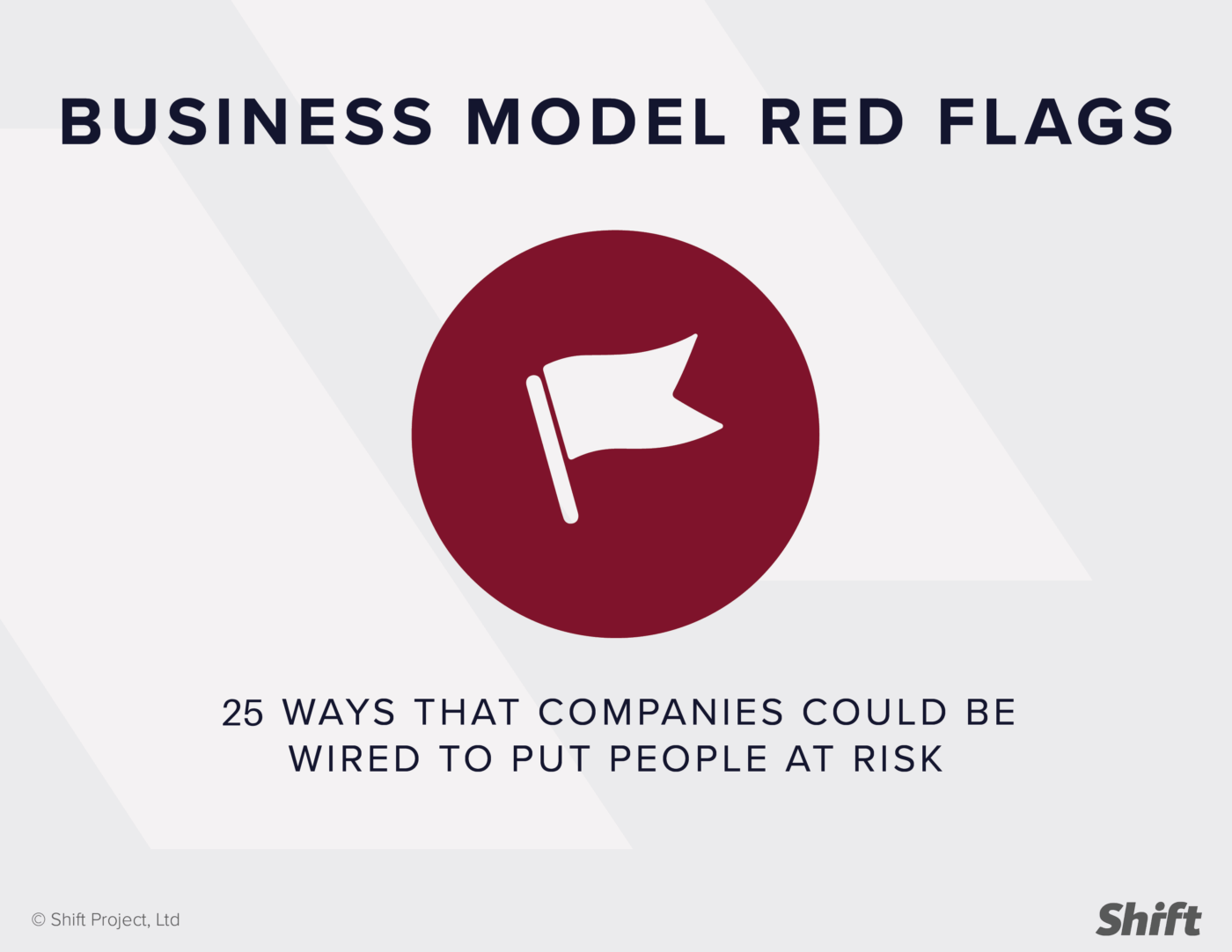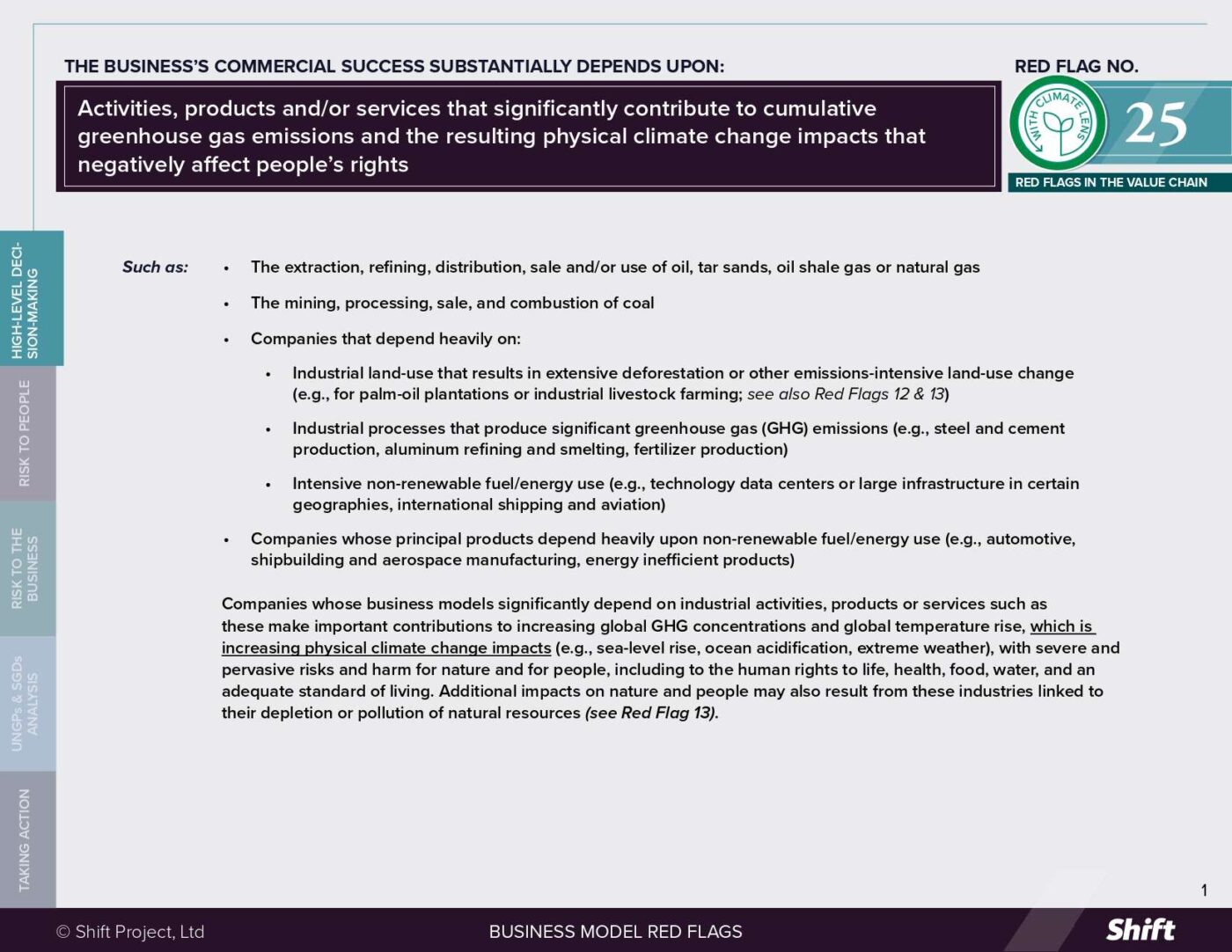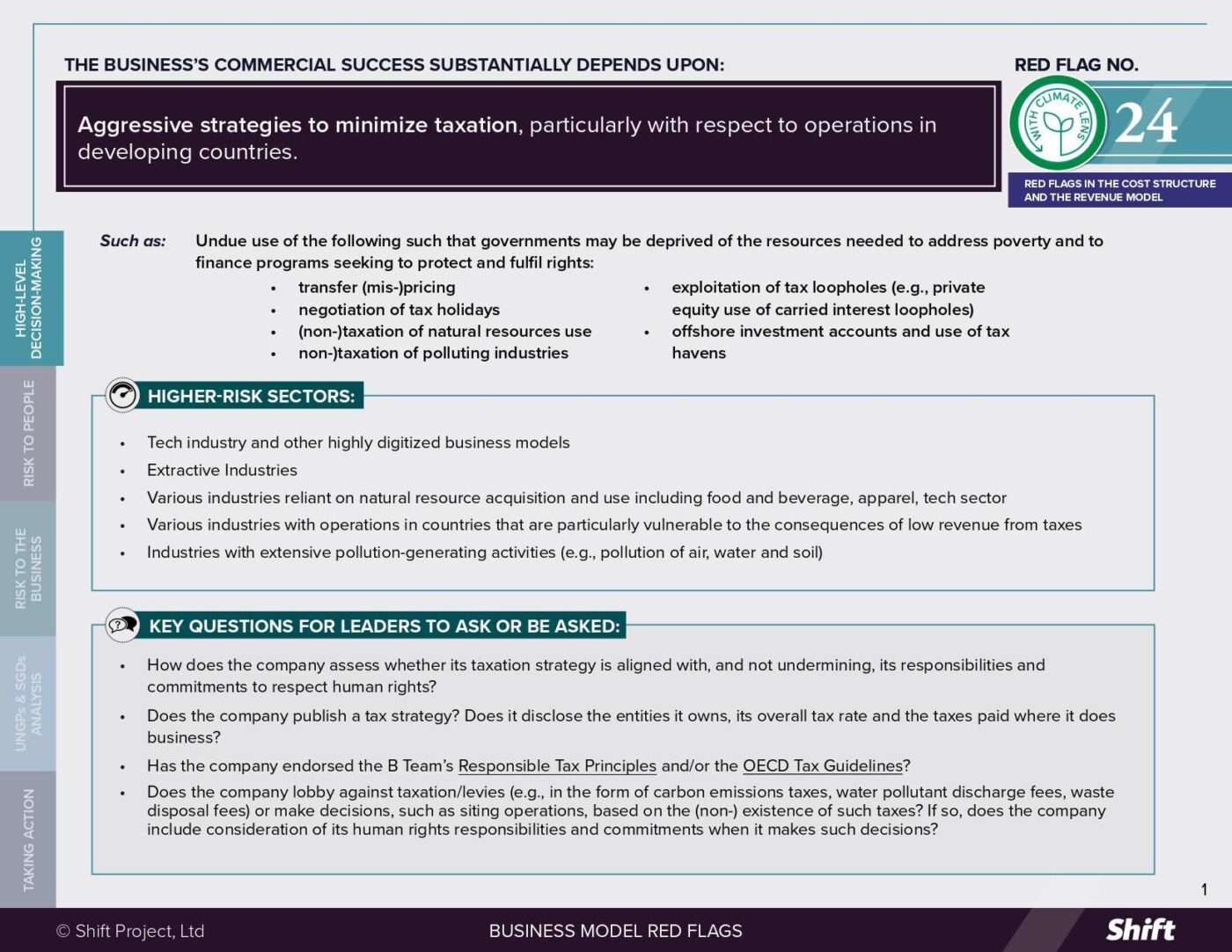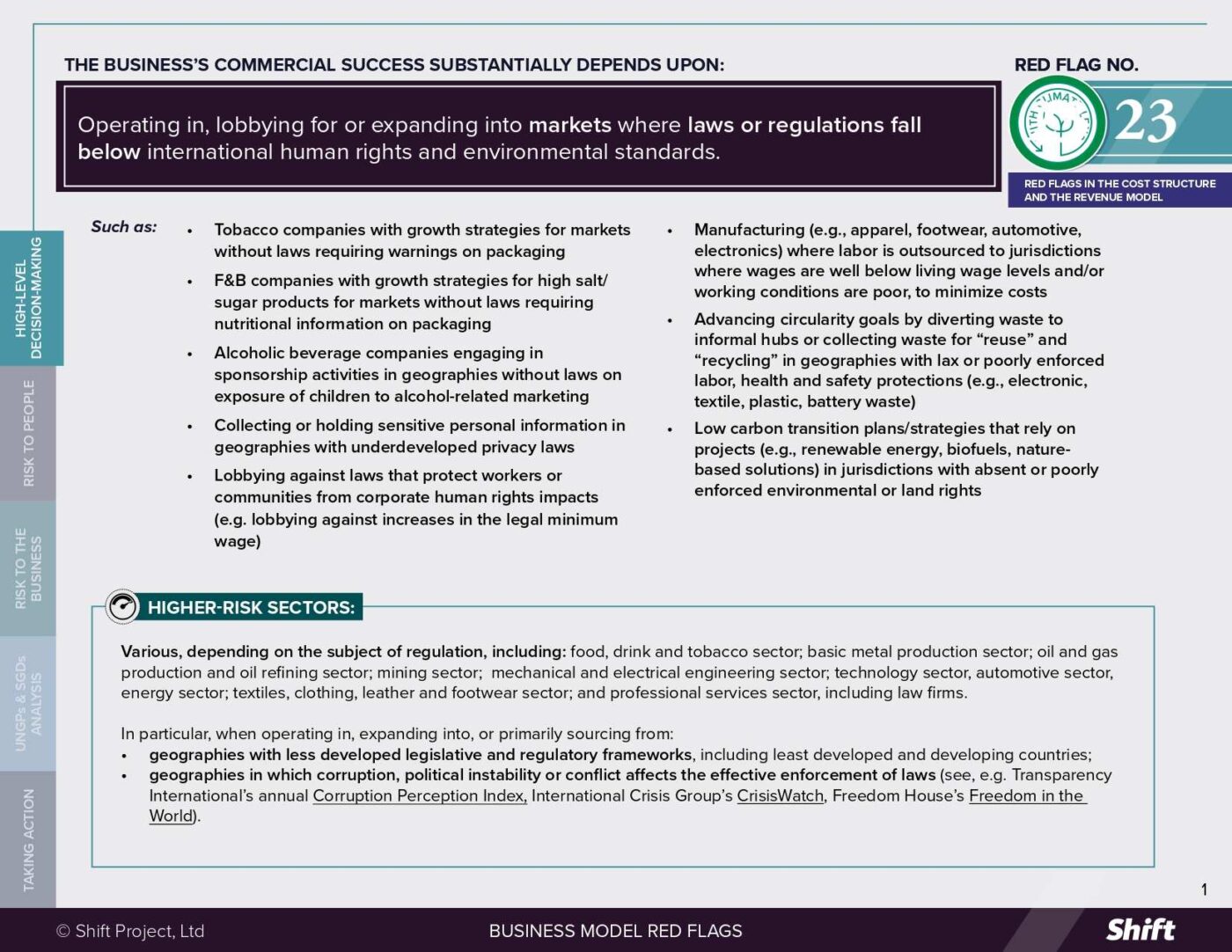Also see: Cost of corporate-community conflict | Video series on corporate-community dialogue | Our resource library section on stakeholder engagement
Experienced African facilitators, mediators, and leaders of conflict prevention organizations came together in a February 2013 expert roundtable on third party roles in the prevention and resolution of company-community conflicts in Africa. They considered conflicts including articulated grievances and those conflicts that lead to operational disruptions or even violence, but also latent conflicts that posed risks to company-community relations as well as social and political tensions among community members or between different parts of government or society related to business investments. This blog draws on this discussion of experts to articulate key challenges and opportunities for mediators in the African context.
What emerged was a strong sense that mediation of company-community conflicts is a distinctive endeavor. It builds from common core understandings of mediation skills and practice, but the role is broader. Mediators act, for example, as “peace builders” who must develop strategic understanding of the full range of tensions and stress factors within complex conflict systems, and who must act according to principles of conflict sensitive intervention and “Do No Harm.” They act as “advocates” of international standards of conduct and of basic fairness vis-à-vis powerful companies, national governments, and even the international institutions that typically employ them. They act as “stewards” of largely public processes that must be, and are perceived as, broadly inclusive and legitimate. They act as “systems designers” who help parties not only resolve a discrete conflict, but anticipate disagreements that will inevitably arise in the future. Company-community mediators therefore require expanded domain knowledge and specialized skills.
The entry process in company-community mediation is more akin to political mediation than to commercial mediation. The table is not set; there is unlikely to be an agreement to mediate. Key parties and influences may not be at the table, and government in particular may be deciding whether to block or to support the mediation process. The issues in conflict are rarely well-defined, and may be very different for the company, the government, the community, and the international financial institution that commissioned the mediation.
The authority structures governing the mediation will most likely be political rather than legal. Company-community conflicts implicate policy conflicts – across government ministries, between international and national frameworks, between central governments and regional or local projects – where there may be a lack of harmonizing mechanisms. At the same time, the mediator may not be welcome to name these tensions: one is not typically invited to talk about governance, or peacebuilding, even if these are the context in which a particular conflict arises.
Furthermore, political authorities will be highly attentive to the broader political economy of conflict. The national conversation about resource exploitation or business investment often takes place in contested spaces that are shaped by many factors, including:
- Colonial experiences, disempowerment of groups or ethnic tensions
- Already-tense relationships among government, companies, communities and civil society
- Push and pull among the executive, parliament, different levels of government, and traditional institutions
- Distrust between local communities competing for benefits
- A history of tensions between companies and communities in which they operate
Basic information may be missing and hard to come by. Conflicts often arise because the parties did not properly consult with each other in the first place, meaning that needs, interests, priorities and risks are yet to be surfaced. Technical capacities for assessment of economic, social, environmental, public health and other factors implicated by large-scale projects may be absent.
Because of these and other factors, company-community mediations are much less formulaic than the relatively structured processes that define formal mediations within a particular legal or commercial context. They require increased attentiveness to the heterogeneity of role players, their stories, their sentiments, and their motivations; the socio-political context; and the conflict culture. Additionally, the African environments in which company-community mediations take place are highly dynamic, requiring a process that can keep pace with evolving issues and parties.
Putting this all together, experts note the need for a much more contextually astute mediator with a much broader and more creative sense of the possibilities for mediation. The mediator must remain neutral, in the sense of leaving ownership of the outcome with the parties. But the mediator must be much more of a catalyst, a convener, a coach, an authority on rights and responsibilities, and an honest broker than in more structured mediation contexts.
Because of the difficult socio-political and socio-economic environments in which company-community conflicts arise, the capacity for these conflicts to exacerbate existing tensions and stress factors in the broader society, and the highly politicized contexts in which the conflicts must be managed requires a much more proactive approach to risk management and conflict prevention. This requires ongoing monitoring of social risk, which in environments that are rumor rich, information poor, and high in mistrust among the role players, will likely itself need to be mediated. It likely requires capacity building at the national and community levels. Finally, it requires an intervention capability to quickly move to flag issues, lower tensions and manage conflicts as they arise and before they become crises. Since risk management and conflict prevention are ongoing efforts, such a preventive vision implies some degree of institutionalized local capability.
Building teams and systems is essential. No single mediator, however well qualified, will be “the answer” to company-community conflict and collaboration. Rather, an institutional mentality may be required to develop systems that can engage and deploy a variety of individuals and manage on-going processes, at least for investments and projects of a scale that merit them. Indeed, a key role of individual mediators may be to help parties develop a more systemic understanding of their relationship and how it can be managed. Mediators in turn will benefit from a network that provides external peer support, debriefing, and reflection, helping prevent the development of “blind spots” where conflict festers and can cause surprise in a crisis, and to advise in navigating seemingly impossible obstacles.
Brian Ganson is an expert on socio-political risk management, conflict prevention and collaboration, and third party roles in post-conflict and other complex environments. He consults to companies, local and foreign governments, international organizations, and civil society.



